INDIA will remain an “active and willing partner” to find a “lasting” solution to Russia’s war in Ukraine, the country’s national security advisor said, after attending a peace conference in Jeddah, Saudi Arabia last Sunday (6).
Ajit Doval told delegates the responsibility to end the war was in the hands of both Russia and Ukraine.
India is among 40 countries – Russia did not attend – which took part in the talks to seek a resolution to the war. Representatives from China, the US and European countries were part of the conference in Jeddah.
New Delhi has refused to condemn Moscow for its invasion of Ukraine last year. At the same time, India has increased its trade with Russia driven by record-high oil purchases.
However, last year India’s prime minister Narendra Modi told Russia’s president Vladimir Putin this is "not an era of war".
Doval said, “The meeting confronts a two-fold challenge - resolution of the situation and softening the consequences of the conflict. Efforts must be directed on both fronts simultaneously and much more groundwork is needed to ensure this.”
He said peace efforts involving all stakeholders must be pursued to find a “just and enduring solution.”
India’s approach has been and always will be to promote dialogue and diplomacy.
“This is the only way forward for peace,” Doval added.
Delhi has a long-standing relationship with Russia dating back to the Soviet Union and its reluctance to outright condemn Moscow’s invasion of Ukraine is linked to the potential danger China possesses, an expert has said.
“When India needed support, it was always the Soviet Union that came to its aid, both during the war with China in 1962, providing weapons the West had refused to send, and during the war with Pakistan in 1971, when the [then] USSR vetoed all UN Security Council resolutions against India supported by the West,” Rahul Roy-Chaudhury, senior fellow for south and central Asian defence, strategy and diplomacy at the International Institute of Strategic Studies (IISS), told Eastern Eye.
“There is a strong memory of these events in the Indian security establishment.”
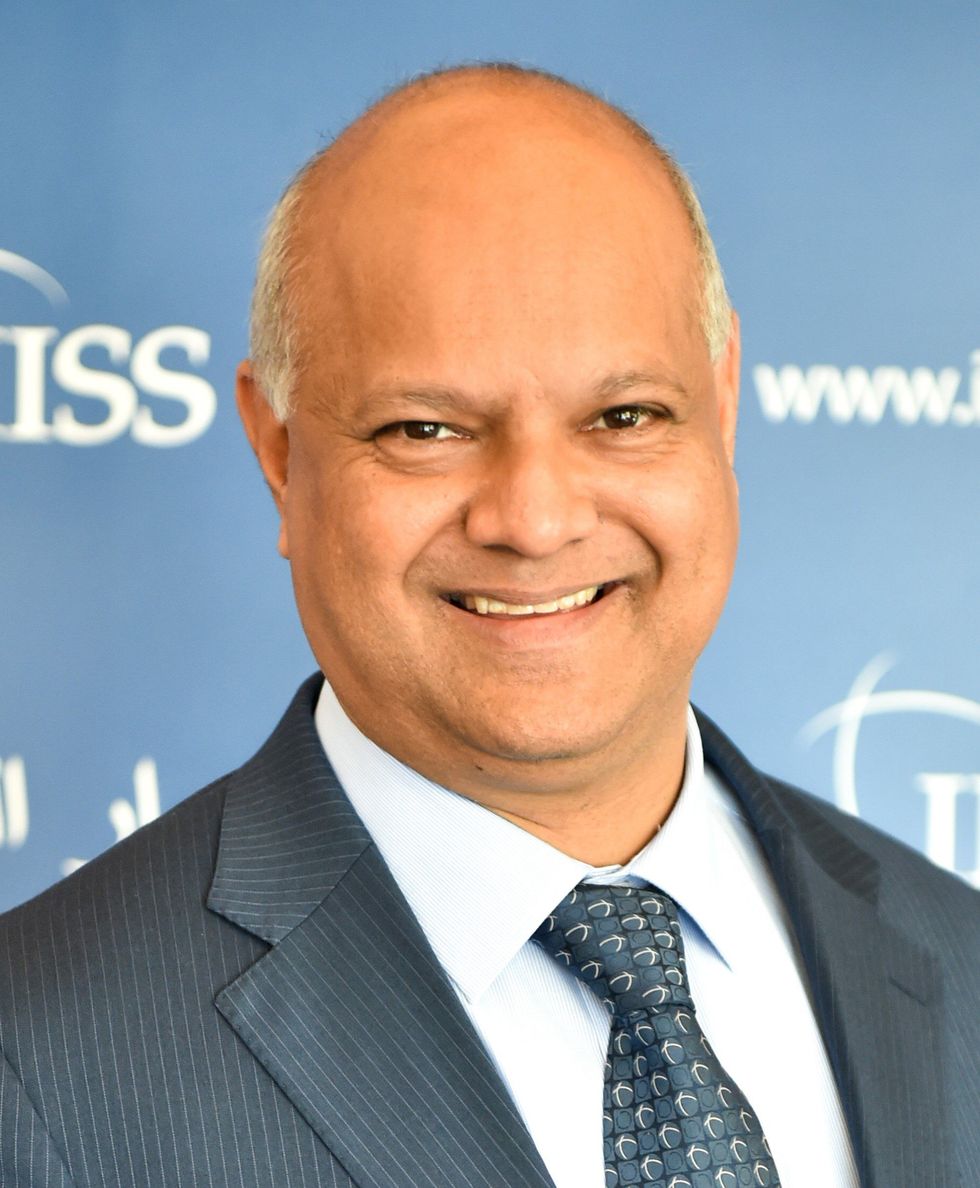
Roy-Chaudhury added, “New Delhi did not condemn or condone the invasion, a term that Indian officials have never used.
"India has no intention of undermining Western sanctions, but at the same time it wants to pursue its own national interest.
“In other words, it's in the best of the worst position. It does not support the West and does not weaken its position, because it does not provide aid to Russia as China and Iran are suspected of doing. And this allows it to keep diplomatic channels open with Russia without anyone talking about it," Roy-Chaudhury said.
“India is concerned about the strong relationship between Russia and China. India's dependency on Russia for advanced technology weapons is because they need these weapons to deter China.”
India and China share a 3,500 km (2,100 miles) border that has been disputed since the 1950s. The two sides went to war over it in 1962.
The dispute has resurfaced after at least 24 soldiers were killed in 2020 when both armies clashed in Ladakh, in the Himalayas, but tensions subsided but are yet to be completely resolved despite multiple rounds of talks.
Roy-Chaudhury said, “If Russia and China’s relationship becomes closer, and Russia gets weaker in that relationship overall because of the war in Ukraine, that will give China greater leverage to prevent the supply of weapons to India from Russia.
“Also, a weaker Russia means that you will not have a multi-polar world, a multi-polar Eurasian region. What India does not want is a Eurasian region under China's dominance.”
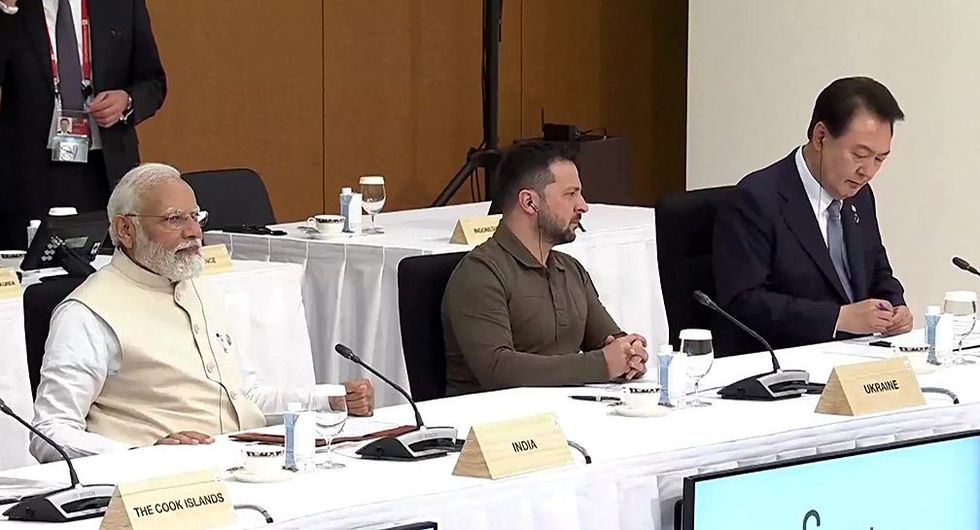
Ukraine's president, Volodymyr Zelenskiy has promoted a set of ten principles that Kyiv wants to serve as the basis for peace to end the war. They include the withdrawal of all Russian troops and the return of all Ukraine's territory to its control.
The Ukrainian presidential chief of staff, Andriy Yermak, said the Jeddah talks dealt a "huge blow" to Russia and added the participants agreed to hold another meeting of political advisers within about six weeks.
He said all the countries present at the talks in Jeddah “fully supported” Ukrainian independence and territorial integrity.
The Russian deputy foreign minister Sergei Ryabkov hit back at the claim, calling the meeting "a reflection of the West's attempt to continue futile, doomed efforts to mobilise the international community, and more precisely, the global south, even if not entirely, in support of the so-called Zelenskiy formula, which is doomed and untenable from the outset."
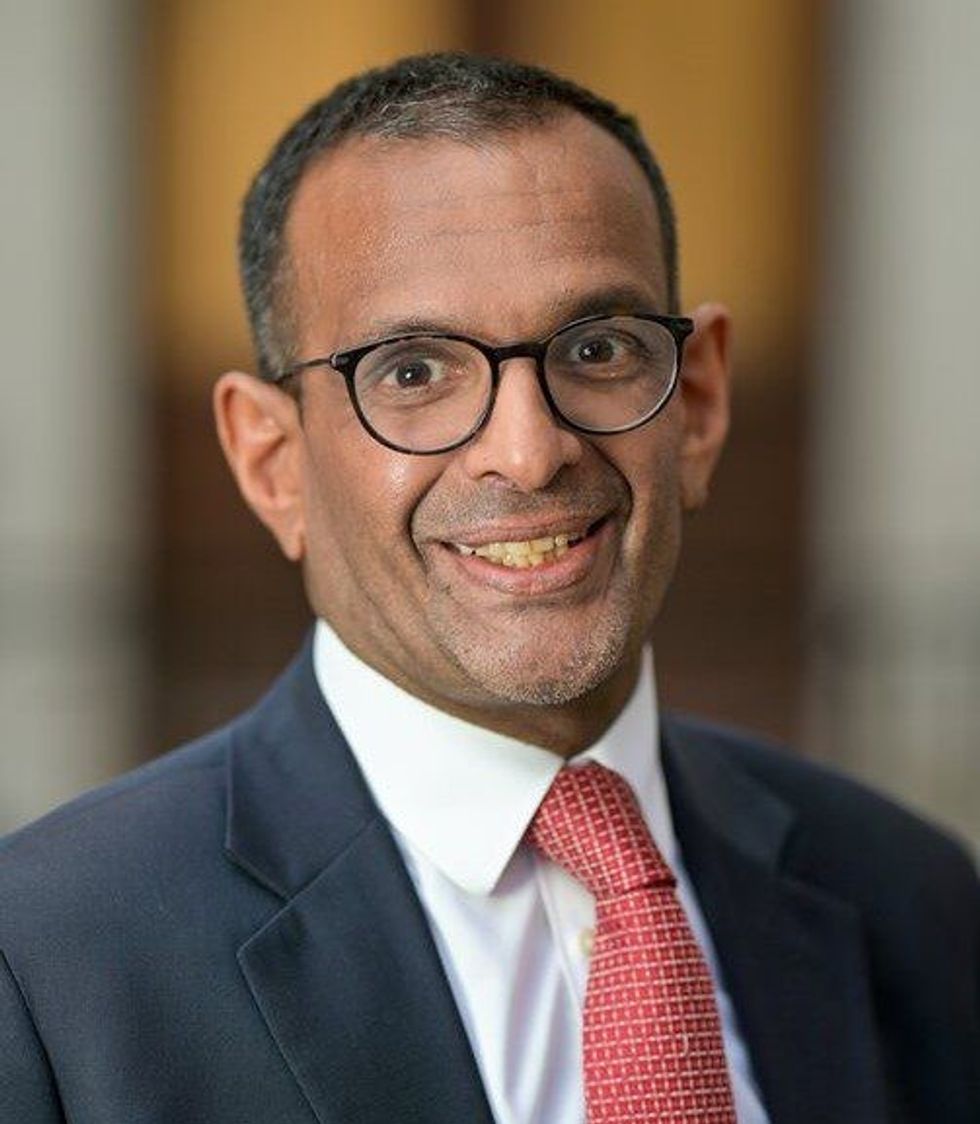
Professor Anand Menon, director of the UK in a Changing Europe, told Eastern Eye said India’s participation in Jeddah was a move aimed at enhancing its standing in the world, rather than Delhi taking sides in the conflict.
“India wants to underline the fact it's a serious diplomatic player that wants to have a role in world affairs,” said Menon, who teaches European politics and foreign affairs at King’s College London.
“India aspires to a seat in the UN Security Council and to have a role in that, you need to be present in these conferences. Just showing diplomatic presence is quite good for (India prime minister Narendra) Modi and being a statesman on the international stage.”
According to him, it was important for countries from south Asia to play a leading role in world affairs.
“The conference wasn't about condemning. It was as much about the voice of these countries - the developing south as they call it - to be heard.
“It was also partly about symbolism, which is that the world and the West, in particular, have assumed for too long that they can sort out the affairs of the globe. And this was just those countries saying, ‘actually, we have a significant voice in world politics too.”
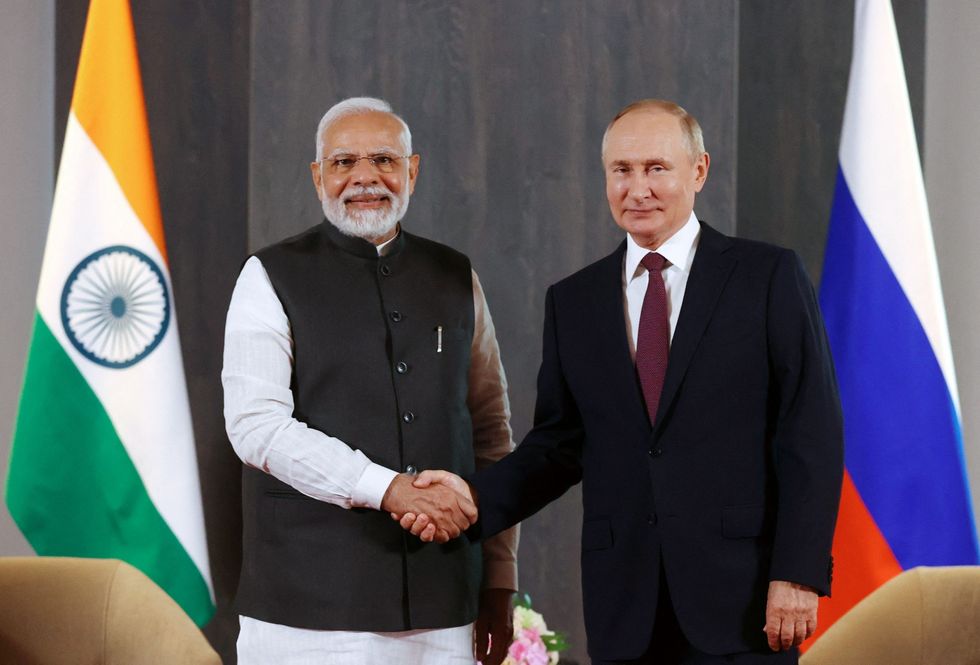
Asked why India had not condemned Russia, Menon explained that the West’s decision to take a stand against some conflicts around the globe, but not others, was partly a reason.
“There's a degree of hypocrisy in the West, about the way they reacted to this (Ukraine war) compared to the way they reacted to other conflicts in the world,” he said. “There are other conflicts going on - in Yemen, for instance; the West is very quiet. I think the feeling in countries like India is that the West picks its outrage quite carefully, but it's certainly not based on general moral principles.”
“Russia is seen as a threat to everyone because they had a massive impact, immediately, in terms of energy prices.
“However, the West does have a tendency to sort of generalise what affects it, what affects the rest of the world. And there's been a lot of rhetoric about the future of world stability, with what’s happening in Ukraine. If you're over in Asia, you look at that and think, ‘the future European stability, perhaps, but not necessarily the future of world stability’.
“There is this perception in other parts of the world that Europeans don't really take note of sufficiently. The perspective of countries like India is that ‘if this was happening in Asia, you wouldn't care’.”
India will get the opportunity to take centrestage in the next step of potential peace talks around Russia and Ukraine. As the current president of the G20, India has invited leaders of all the nations in the forum for a final summit in September in New Delhi, with US presidents Joe Biden, Putin and Chian’s Xi Jinping expected to attend.
“This would have a worldwide echo, but also important implications domestically,” said Roy-Chaudhury.
“Let's not forget that India’s next elections are in 2024. Anything could happen, but for the Bharatiya Janata Party (BJP), the ruling party, it would be a major success to bring together the world's most important leaders at the same table.
“Only a country like India right now would be able to do such a thing.”






 Kulsuma Aktergetty images
Kulsuma Aktergetty images








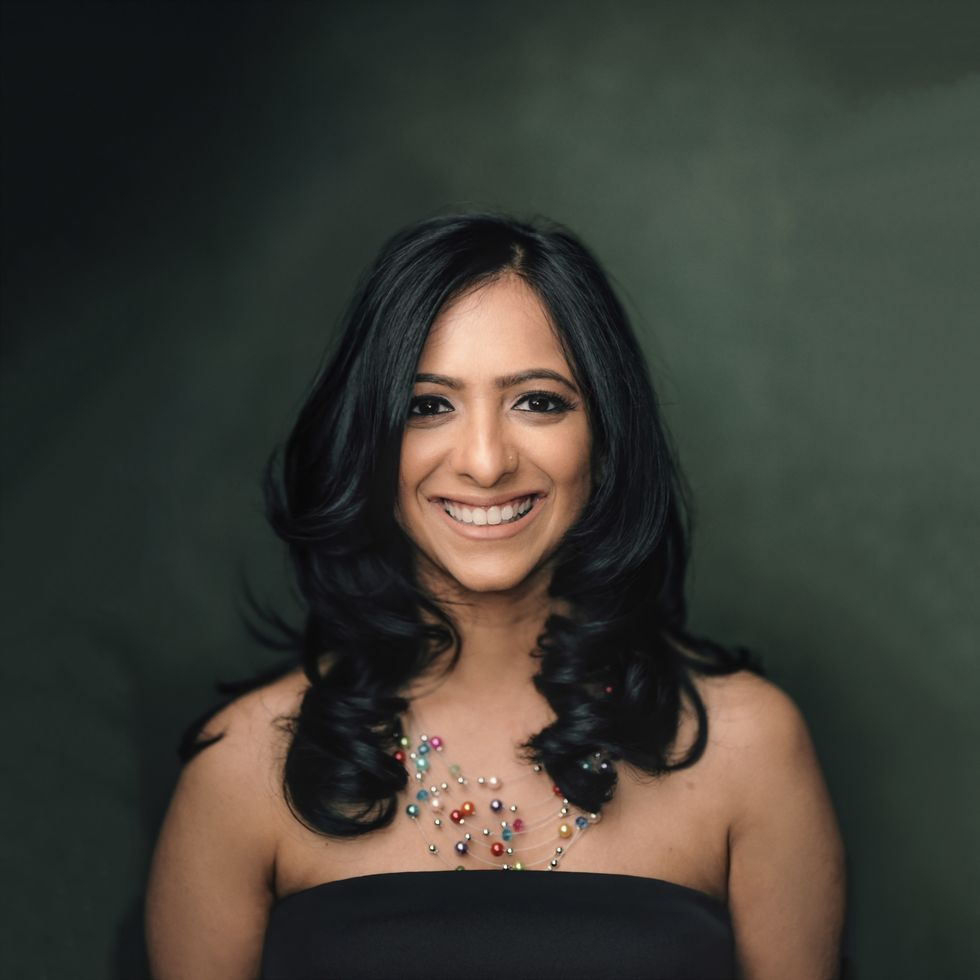 Shreena Patel
Shreena Patel
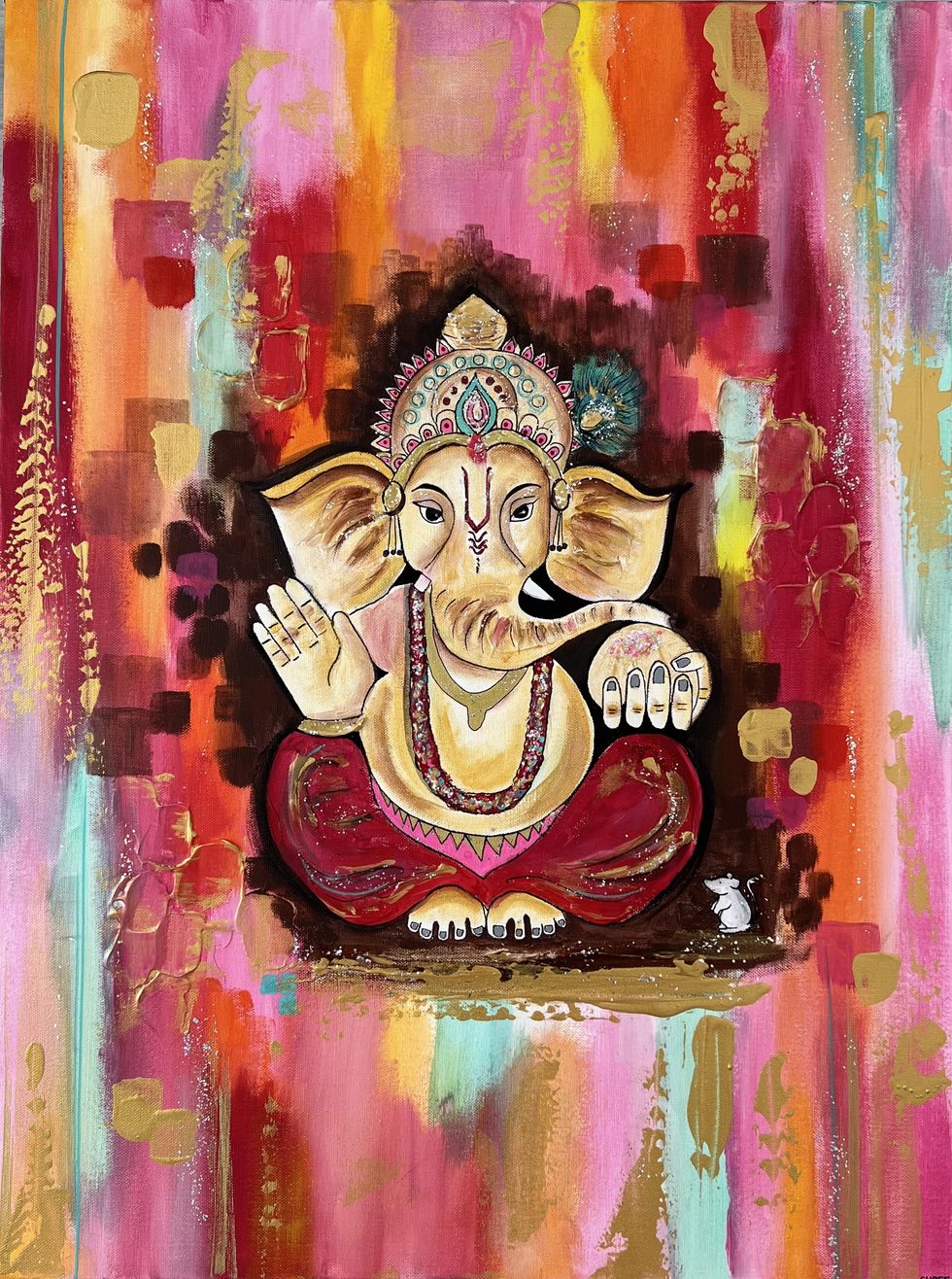 Shreena Patel's work
Shreena Patel's work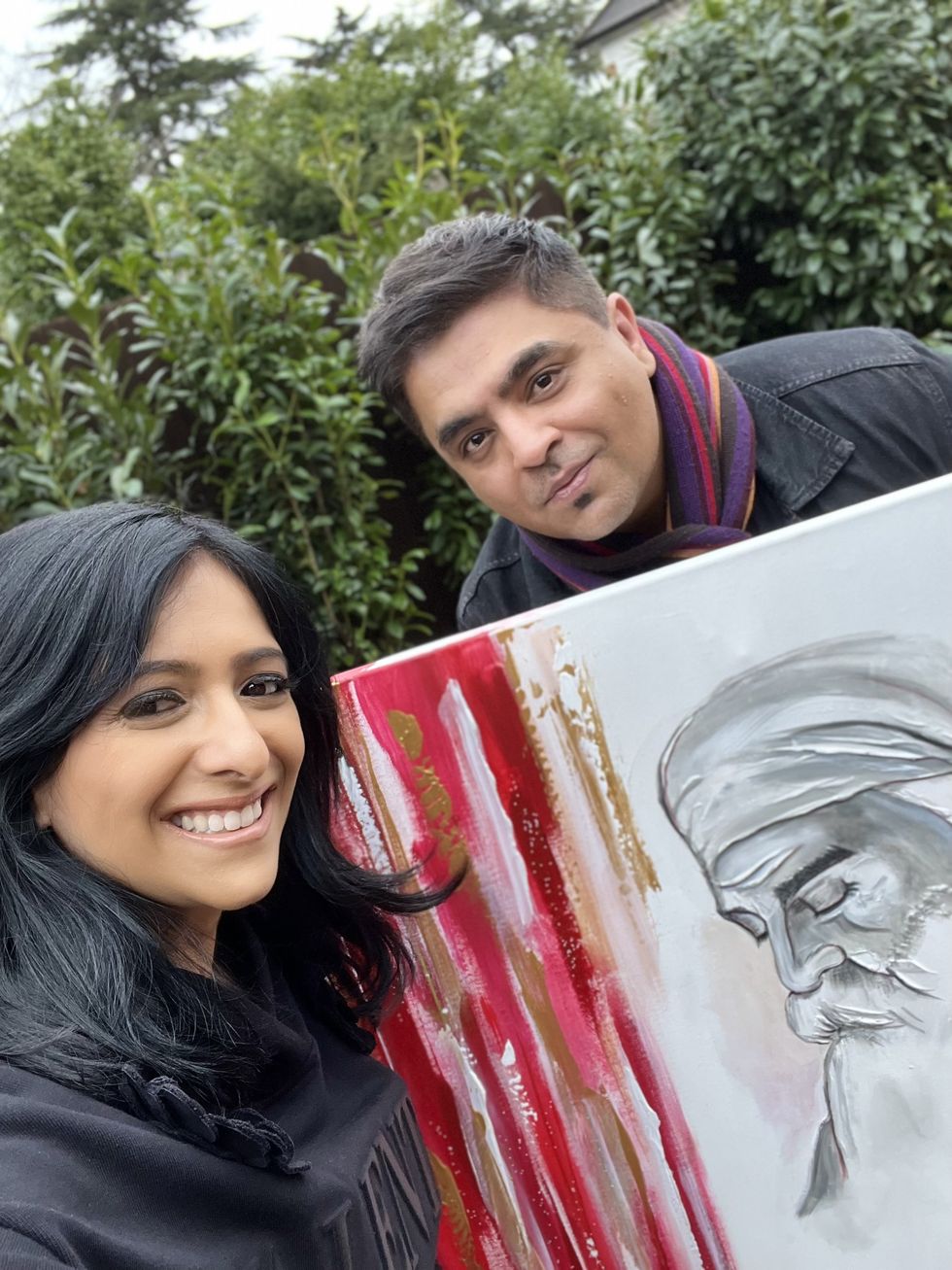 Shreena Patel's work
Shreena Patel's work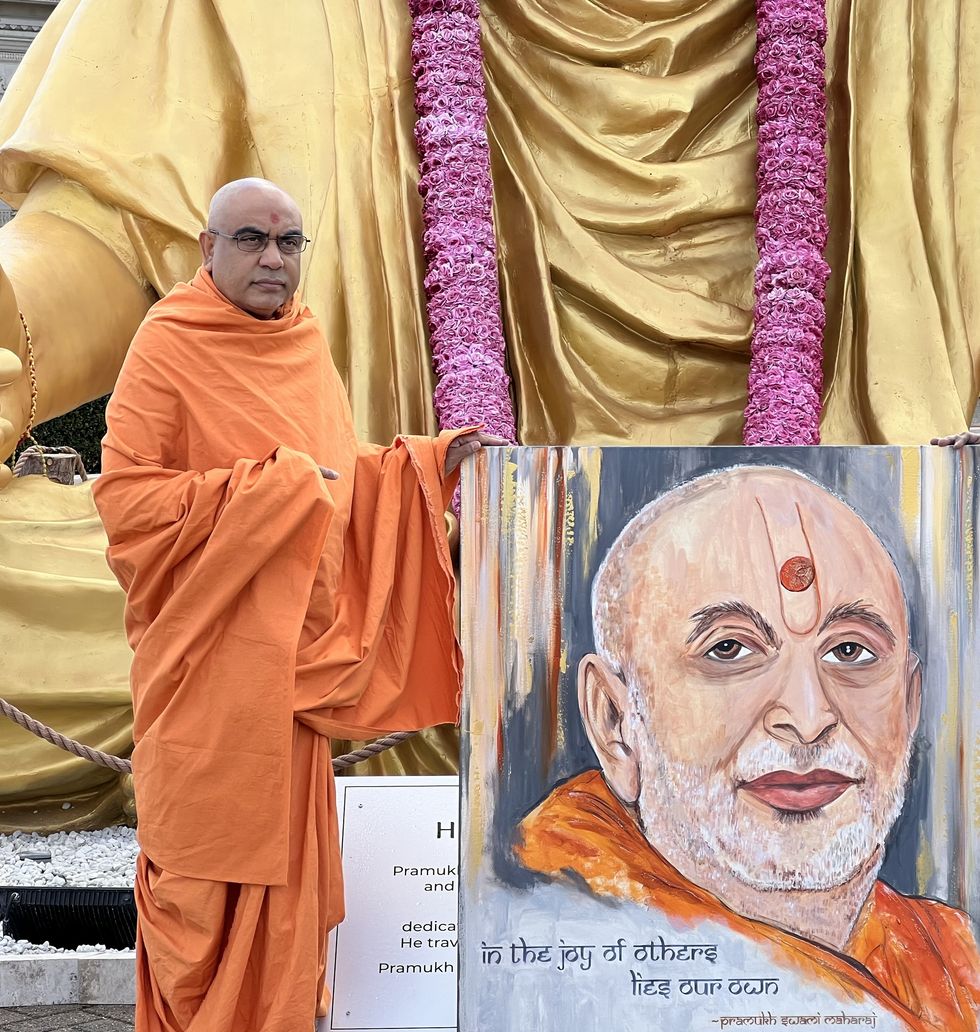
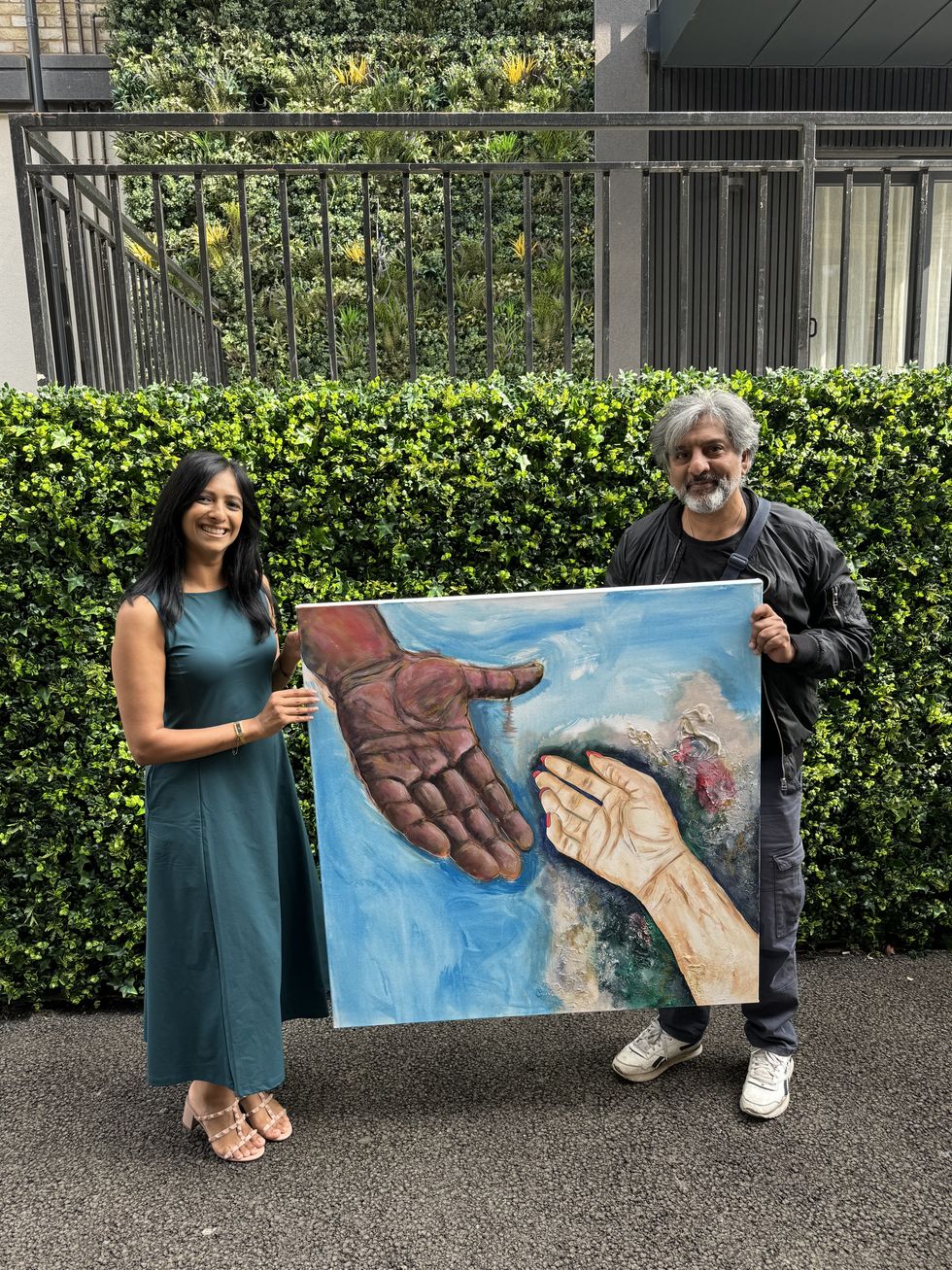
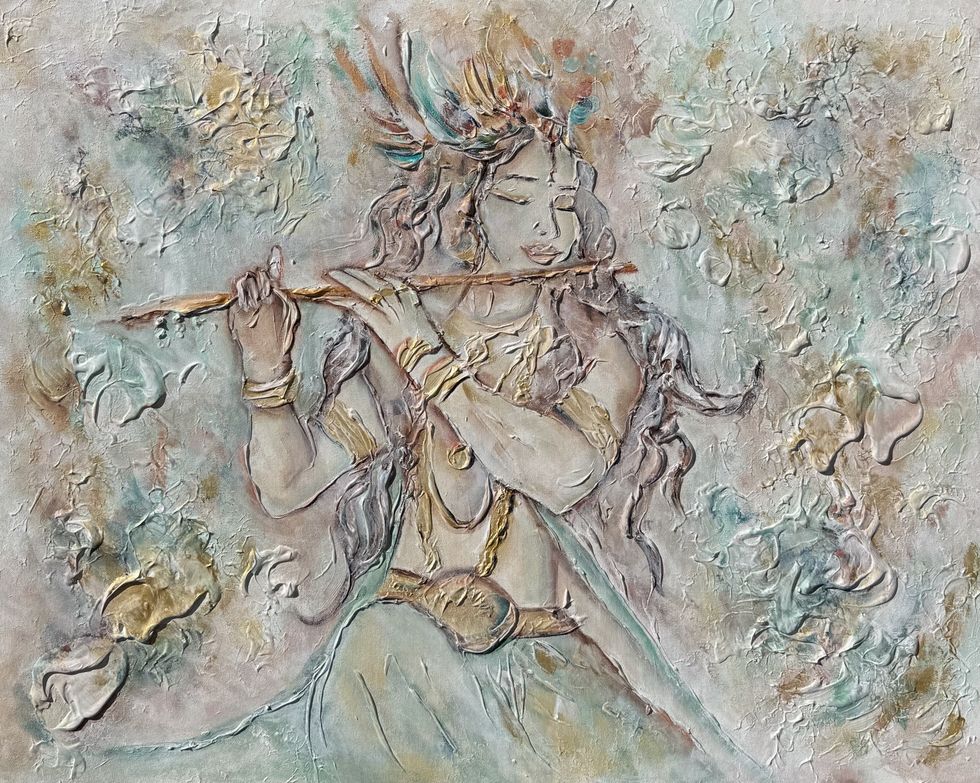 Shreena Patel's work
Shreena Patel's work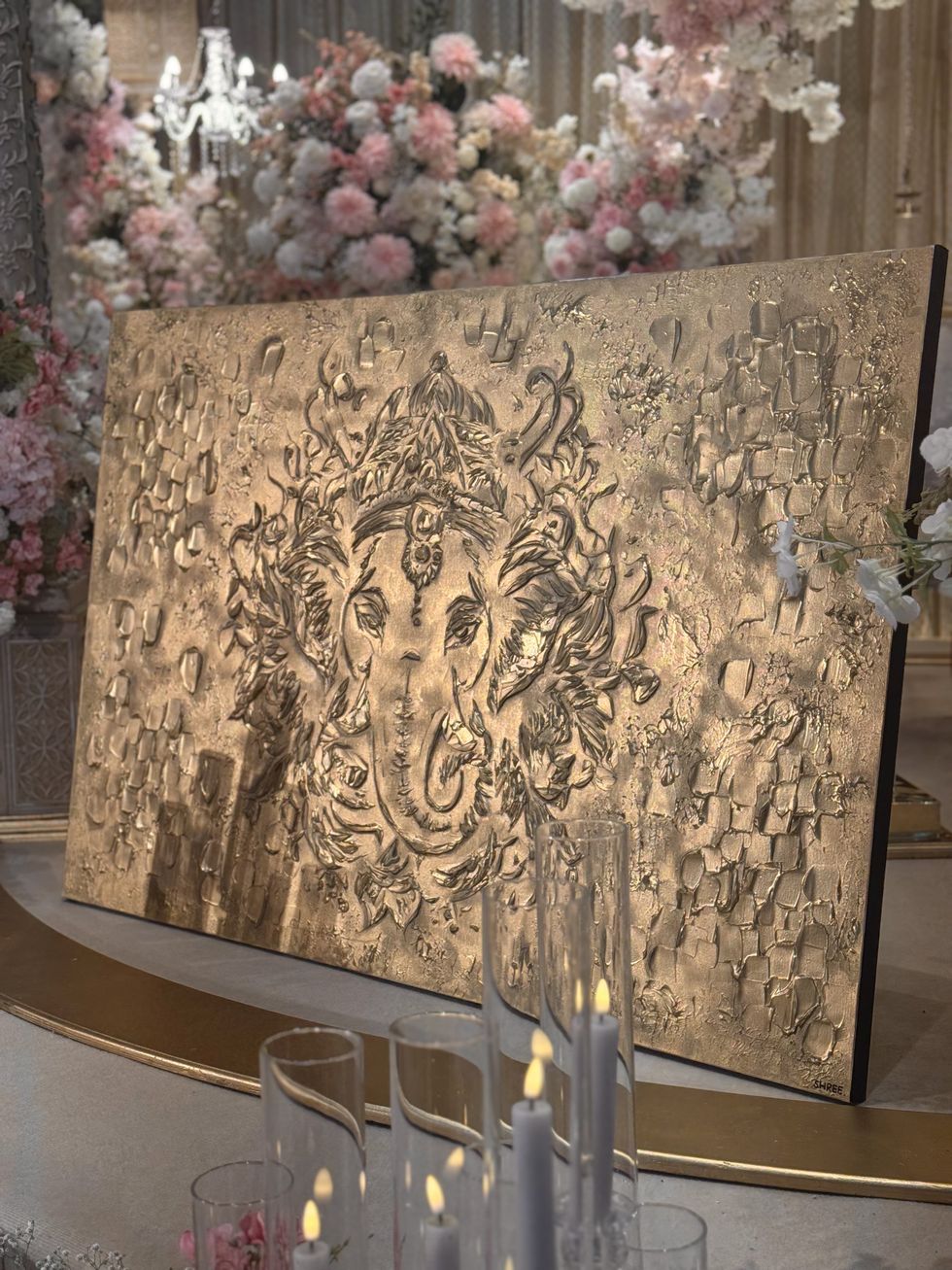 Shreena Patel's work
Shreena Patel's work
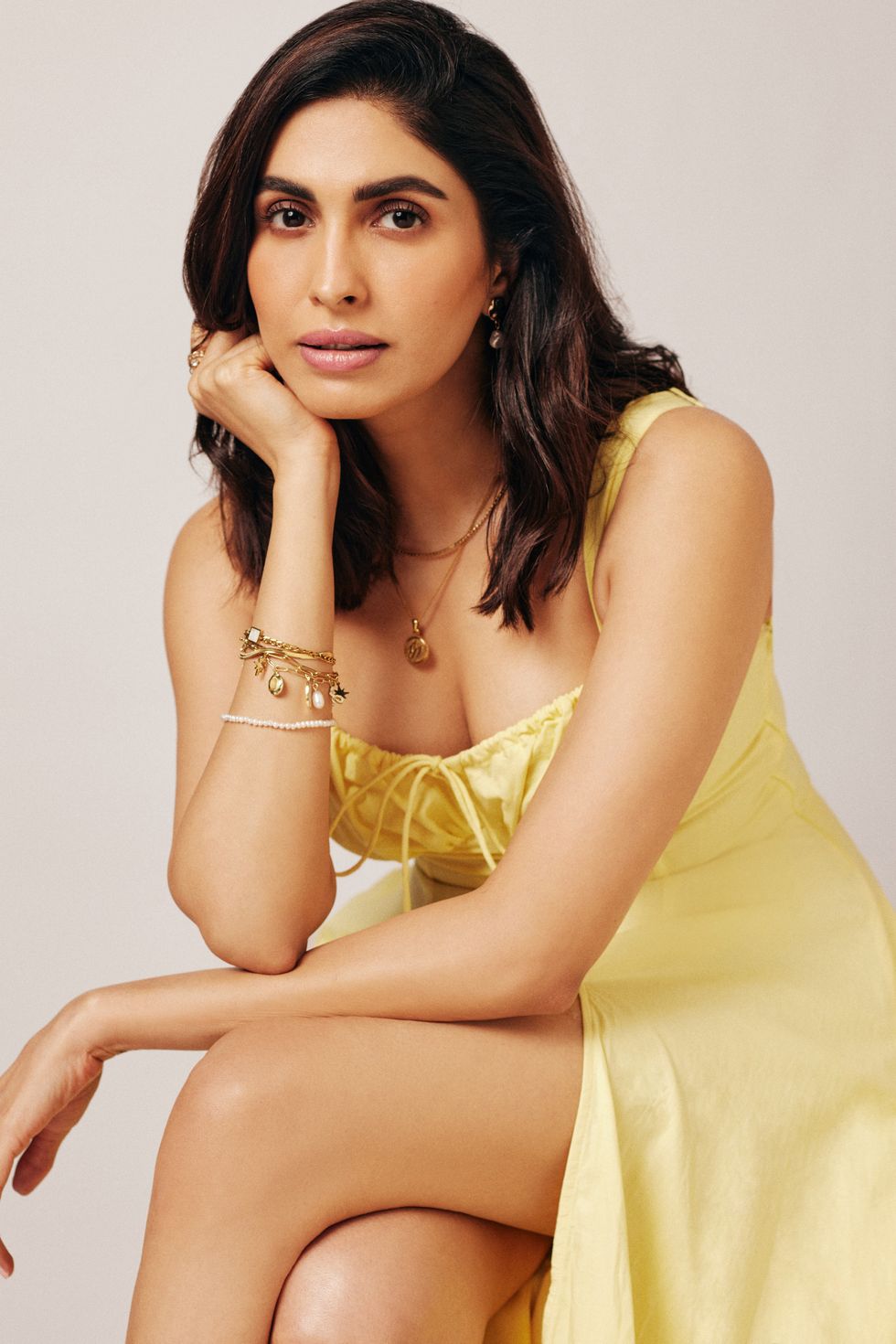 Anusha Mani
Anusha Mani

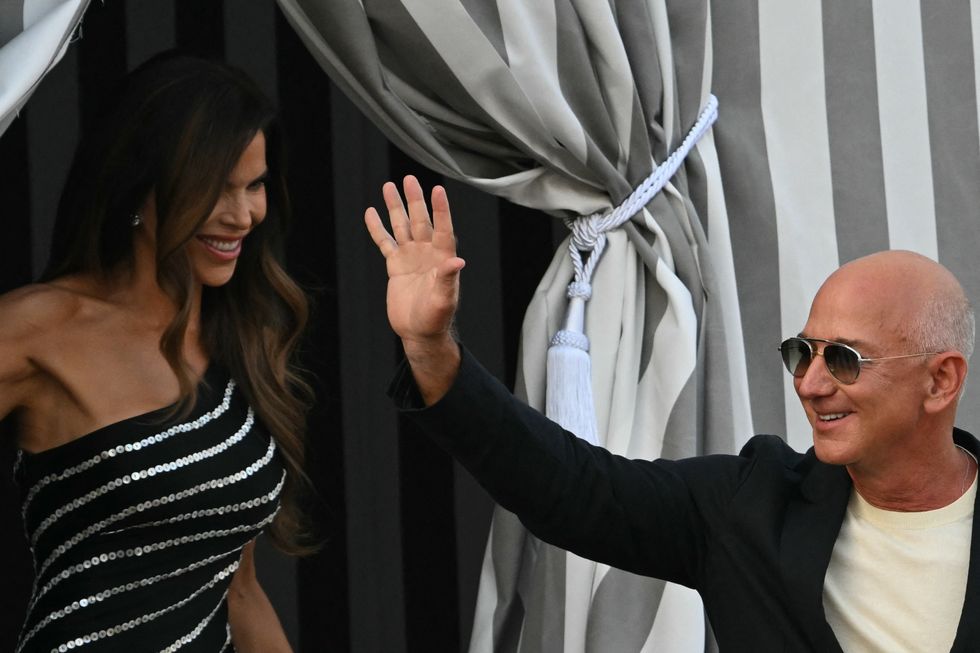 Lauren Sanchez and Jeff Bezos leave the Aman Hotel in Venice ahead of their wedding Getty Images
Lauren Sanchez and Jeff Bezos leave the Aman Hotel in Venice ahead of their wedding Getty Images 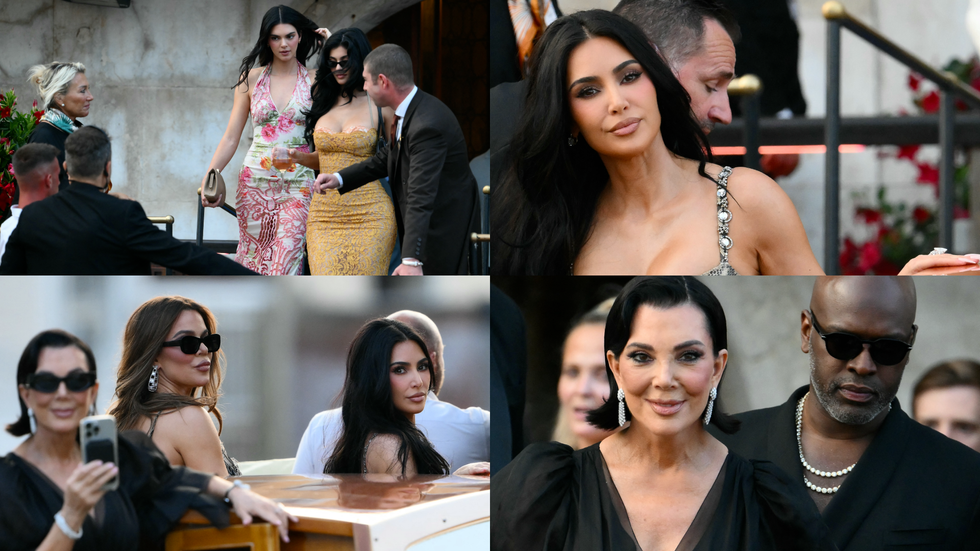 Kardashians seen boarding a boat ahead of the evening celebrations in VeniceGetty Images
Kardashians seen boarding a boat ahead of the evening celebrations in VeniceGetty Images 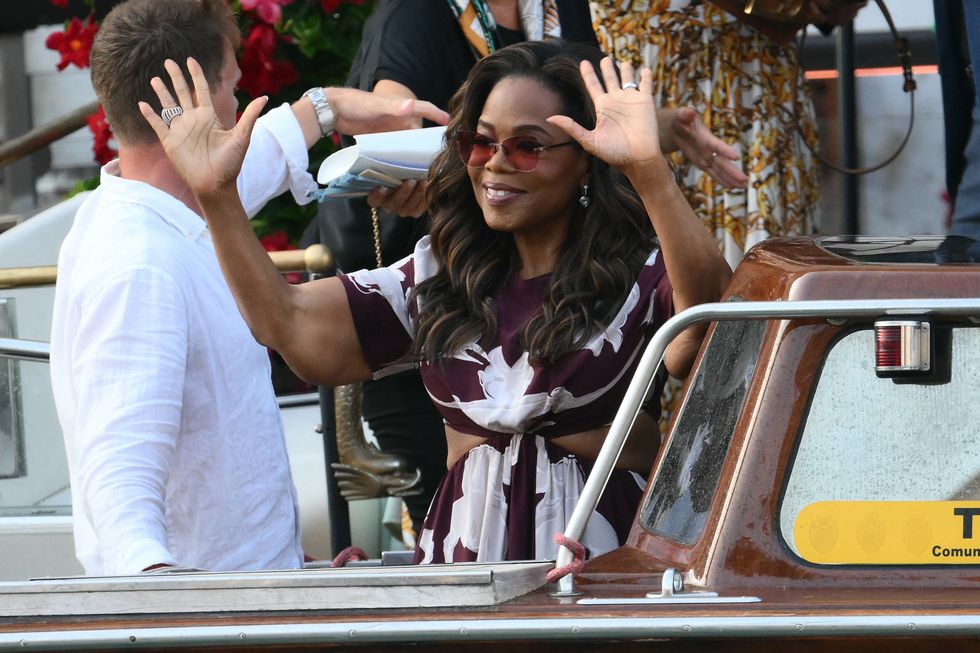 Oprah Winfrey wave to fans while heading to the welcome event Getty Images
Oprah Winfrey wave to fans while heading to the welcome event Getty Images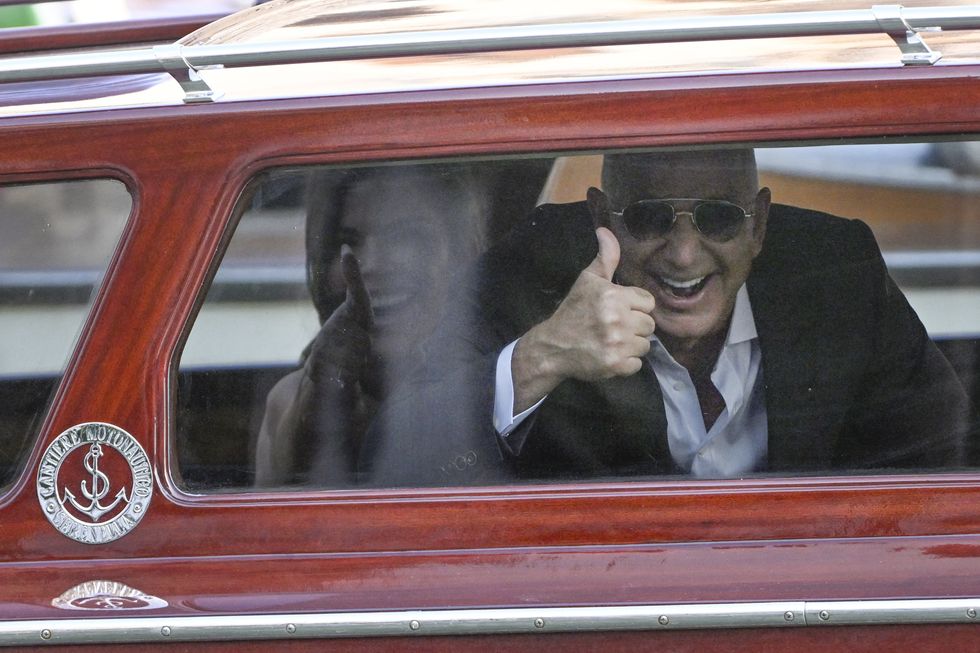 Jeff Bezos and Lauren Sanchez gesture in direction of Bezos' lookalike from the taxi boatGetty Images
Jeff Bezos and Lauren Sanchez gesture in direction of Bezos' lookalike from the taxi boatGetty Images